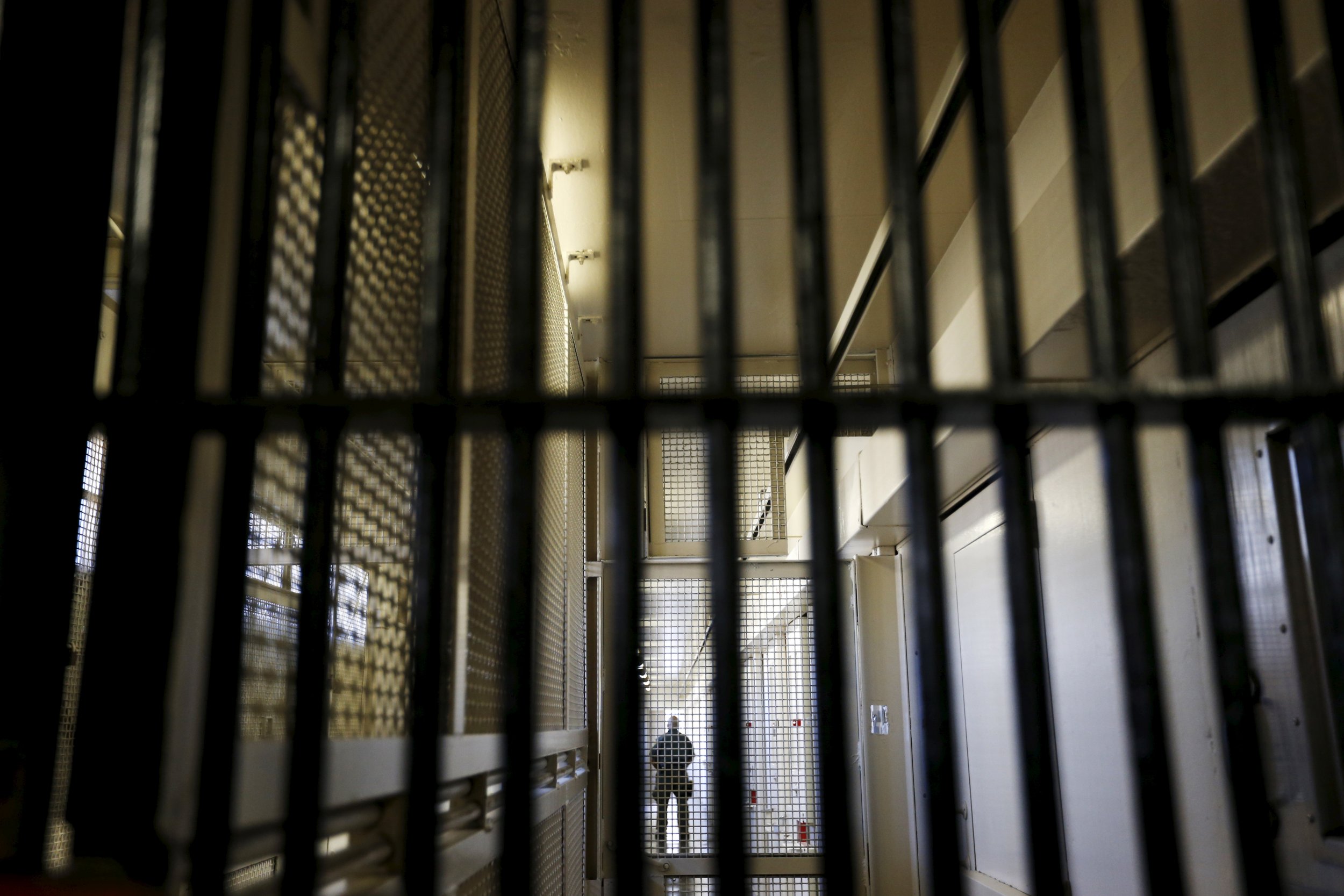
The federal government has taken a stand on the side of impoverished defendants, arguing in a U.S. appeals case that holding people accused of crimes in jail solely because they cannot afford bail is unconstitutional.
The U.S. Justice Department filed an amicus brief in a Georgia case in which a defendant was jailed for six days because he couldn't afford $160 bail on a misdemeanor charge. "Bail practices that incarcerate indigent individuals before trial solely because of their inability to pay for their release violate the Fourteenth Amendment," the Justice Department said, according to NBC. Fixed bail schedules without regard to ability to pay "unlawfully discriminate based on indigence," the government argued, as the Supreme Court has ruled that jailing poor defendants without considering alternatives "effectively denies equal protection to one class of people within the criminal justice system," the Associated Press reported.
The Georgia defendant, Maurice Walker, was initially arrested in the city of Calhoun on a misdemeanor charge of walking while intoxicated, which carries a preset $160 bail charge to avoid jail before appearing in court. Walker, who lives on Social Security disability benefits, sued Calhoun, arguing that the policy violates Supreme Court precedent on the equal protection rights of defendants. A U.S. District Court judge ruled in Walker's favor, ordering Calhoun to release misdemeanor suspects on their own recognizance, and Calhoun appealed to the U.S. appeals court.
"A system of unsecured recognizance bonds greatly reduces the incentive for defendants to appear," the city argued in its appeal. Defendants such as Walker "should not be relieved from the requirement of having to attempt to make bail merely upon a bare claim of indigent status."
Seventy percent of the 646,000 people incarcerated in more than 3,000 local jails have not yet been convicted of a crime, according to a report prepared this year by the nonprofit Prison Policy Initiative, which writes that the "constitutional principle of innocent until proven guilty only really applies to the well off." Defendants unable to meet bail aren't just the most impoverished members of society. Rather, the poorest third often cannot pay bail, the report finds, with those in jail last year having a median annual income of $15,109 before being held, which is 48 percent of the median for non-incarcerated people of similar ages.
"Because a system of money bail allows income to be the determining factor in whether someone can be released pretrial, our nation's local jails are incarcerating too many people who are likely to show up for their court date and unlikely to be arrested for new criminal activity," the report finds.
Uncommon Knowledge
Newsweek is committed to challenging conventional wisdom and finding connections in the search for common ground.
Newsweek is committed to challenging conventional wisdom and finding connections in the search for common ground.
About the writer
To read how Newsweek uses AI as a newsroom tool, Click here.








